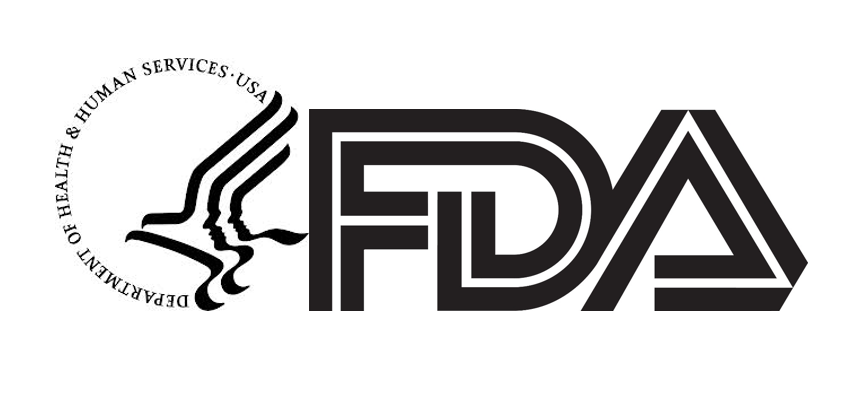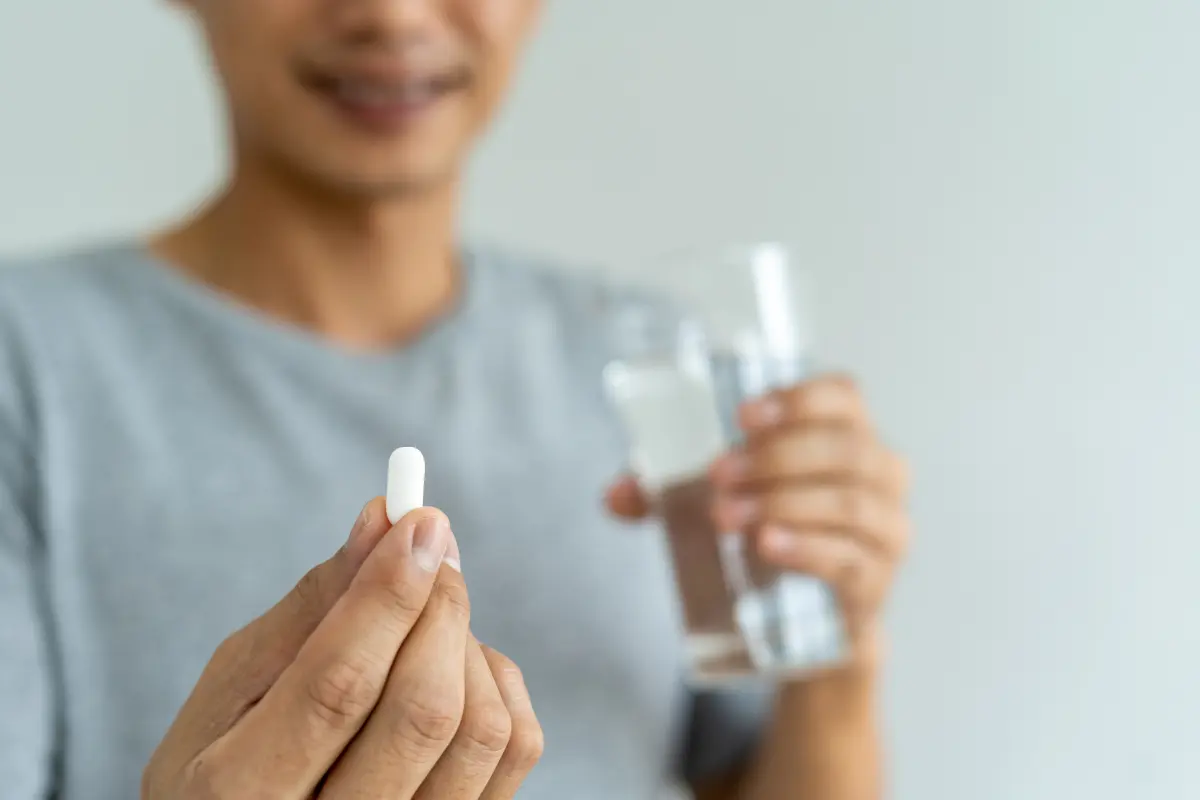Testosterone Undecanoate is a synthetic androgen and an ester form of testosterone, which is the primary male sex hormone. It is specifically designed to be a long-lasting testosterone replacement therapy. This medication has been approved for use in certain conditions associated with a deficiency or absence of endogenous testosterone, often referred to as hypogonadism.
Developed to offer a more prolonged therapeutic effect, Testosterone Undecanoate is unique in its pharmacokinetics, allowing for less frequent dosing compared to other testosterone replacement therapies. It is available in both oral and injectable forms, which are known for their different absorption rates and bioavailability. This formulary versatility is advantageous as it provides options to tailor the treatment to individual patient needs.
The utilization of Testosterone Undecanoate in clinical practice is informed by rigorous dosage guidelines to maximize efficacy while mitigating the risk of side effects. A well-documented safety profile outlines the potential adverse effects, which can inform both clinicians and patients. This is complemented by an understanding of the legal and regulatory considerations surrounding testosterone therapies, ensuring compliance with medical standards and legal requirements.
Quick Summary
- Testosterone Undecanoate serves as a long-acting form of testosterone, providing a sustained therapeutic effect.
- It offers flexible administration, with both oral and injectable options available for testosterone replacement therapy.
- Careful adherence to dosage guidelines and awareness of its safety profile are critical for effective and safe treatment.
Pharmacology of Testosterone Undecanoate

Testosterone Undecanoate is an androgen and anabolic steroid used in the treatment of low testosterone levels in men. The pharmacology of Testosterone Undecanoate can be broken down into its chemical structure, mechanism of action, and pharmacokinetics and pharmacodynamics, contributing to its therapeutic effects.
Chemical Structure and Properties
Testosterone Undecanoate is a testosterone ester characterized by the addition of undecanoic acid to the 17-beta hydroxyl group of the testosterone structure. There are two major formulations that include oral capsules and intramuscular injections. The molecular formula is C30H48O3, with a molecular weight of 456.70 g/mol. It is a lipophilic compound, which aids in its absorption and distribution when used in various formulations.
Mechanism of Action
The primary mechanism involves testosterone undecanoate’s conversion to testosterone by esterases after administration. Testosterone then exerts its effects by binding to androgen receptors throughout the body, initiating protein synthesis, and promoting the development of male characteristics and sexual function. The conversion of testosterone from its esterified form allows for a sustained release over time, particularly when administered via intramuscular injection.
Pharmacodynamics and Pharmacokinetics
Pharmacodynamics:
- Testosterone binds to androgen receptors in target tissues.
- It enhances nitrogen retention, leading to increased muscle mass and strength.
- It also promotes erythropoiesis and has a positive effect on bone density.
Pharmacokinetics:
- Oral Administration: Characterized by a variable pharmacokinetic profile due to the first-pass effect.
- Intramuscular Injection: Results in a more stable plasma testosterone level over an extended period, usually administered every 10–14 weeks.
- It has a half-life of approximately 33 days after intramuscular injection.
- Testosterone undecanoate is highly protein-bound and is eliminated in urine and feces after being metabolized in the liver.
Clinical Usage and Dosage Guidelines

Testosterone Undecanoate is employed in testosterone replacement therapy primarily addressing hypogonadism in males, where specific dosage and administration methods are critical for therapeutic success.
Indications
Testosterone Undecanoate is indicated for the treatment of male hypogonadism, a condition where the body does not produce enough testosterone. Products including Aveed, Andriol, Nebido, and Jatenzo for oral use, as well as Kyzatrex, are formulated to address this hormonal deficiency.
Administration Methods
- Injection: Testosterone Undecanoate can be administered as an intramuscular injection with products like Aveed and Nebido.
- Oral: Capsules such as Andriol and Jatenzo are available for oral administration.
- Intramuscular: Aveed and Nebido are designed for deep intramuscular injection to ensure a slow release of testosterone.
Dosage and Titration
The dosage of Testosterone Undecanoate varies according to the product and individual patient needs:
- Injectable: Commonly, Aveed is dosed at 750 mg initially, followed by 750 mg after 4 weeks, and 750 mg every 10 weeks thereafter.
- Oral: Jatenzo‘s dosing starts at 158 mg to 396 mg taken twice daily with meals. Adjustments are made based on serum testosterone levels and clinical response.
References
Safety Profile and Side Effects

Testosterone Undecanoate, a medication used for testosterone replacement therapy, exhibits a distinct safety profile characterized by specific adverse reactions and risks. Awareness and management of these effects are crucial for patient safety.
Common Adverse Reactions
Several adverse reactions are frequently associated with Testosterone Undecanoate use. These include:
- Acne: Often a result of increased oil production in the skin.
- Increased Hematocrit: Elevated red blood cell count may occur and should be monitored.
- Blood Pressure: Some patients experience hypertension.
- Cholesterol levels: Changes in lipids could impact cardiovascular health.
- Rash and Hair Loss: These dermatological reactions are occasionally reported.
- Allergic Reactions: Although rare, patients must be aware of the potential for an allergic response.
Risk of Cardiovascular and Liver Complications
Testosterone Undecanoate can have effects on vital organ systems:
- Cardiovascular: There is a potential risk for adverse cardiovascular events, particularly when existing risk factors are present.
- Liver Toxicity: Liver function tests should be conducted regularly, as there is a risk for liver complications, including elevated liver enzymes.
Monitoring and Management of Side Effects
Effective management of Testosterone Undecanoate’s side effects requires:
- Regular Assessments: Blood pressure, cholesterol levels, hematocrit, and liver enzymes should be monitored periodically.
- Dose Adjustments: To minimize side effects, dose modifications may be necessary based on individual response and side effect severity.
Efficacy and Treatment Outcomes

Testosterone Undecanoate is a therapy option designed to address low testosterone levels. Its effects span multiple physiological domains, influencing body composition and sexual health.
Impact on Testosterone Levels
Testosterone Undecanoate effectively increases serum testosterone levels in men with hypogonadism. In a clinical trial, it was shown that patients achieved normalized testosterone levels within three months of treatment. The therapy maintains levels within the normal range with continued use.
Body Composition and Muscle Growth
Treatment with Testosterone Undecanoate has been associated with improvements in muscle mass and body composition. Studies highlight a significant reduction in fat mass and an increase in lean body mass—indicative of muscle growth. Additionally, there are reports of enhanced bone density among long-term users.
Effects on Sexual and Reproductive Health
Sexual function benefits from normalized testosterone levels. There is evidence of improved libido and erectile function following administration of Testosterone Undecanoate. While its effects on fertility require further research, improvements in sexual health parameters are well-documented.
References
- Clinical trial outcomes: https://www.ncbi.nlm.nih.gov/pmc/articles/PMC2834333/
- Body composition effects: https://www.ncbi.nlm.nih.gov/pmc/articles/PMC3188848/
- Sexual health improvements: https://www.ncbi.nlm.nih.gov/pmc/articles/PMC4650459/
Legal and Regulatory Considerations

Testosterone Undecanoate is subject to various legal and regulatory conditions that influence its distribution and use. These include FDA approval, control measures, and guidance from authoritative sources.
FDA Approval and Classification
The U.S. Food and Drug Administration (FDA) approved Testosterone Undecanoate as a medication for treating men with hypogonadism. It is classified under the Anabolic Steroid Control Act of 1990 and is categorized as a Schedule III controlled substance due to potential for abuse and dependence.
Controls and Restrictions
Testosterone Undecanoate is subject to strict controls. It requires a prescription for legal use and the prescription must be issued following a confirmed diagnosis by a healthcare professional. The FDA monitors its distribution and has guidelines for prescription, which include:
- Limitations on dosage and duration of use
- Restrictions on refills without reevaluation
- Monitoring for abuse and misuse
Guidance for Consumers
Consumers are advised to adhere to the provided Medication Guide. The Endocrine Society also publishes treatment guidelines which health professionals may refer to for best practices on prescribing Testosterone Undecanoate. Consumers must understand:
- The importance of using Testosterone Undecanoate as directed by a healthcare provider
- Risks of misuse, including hormonal imbalances and legal repercussions
- Mandatory follow-up appointments for monitoring therapy
Frequently Asked Questions

How is testosterone undecanoate administered for therapeutic use?
Testosterone undecanoate is administered through intramuscular injections or oral capsules. For intramuscular use, it is often injected into the buttocks or thigh.
What are the main benefits of using testosterone undecanoate in bodybuilding?
Bodybuilders may use testosterone undecanoate to increase muscle mass and strength. It also aids in faster recovery from strenuous workouts and can enhance overall athletic performance.
What is the typical dosage range for testosterone undecanoate injections?
Dosage typically ranges from 750 mg for the initial dose, followed by 750 mg after 4 weeks, and then 750 mg every 10 weeks thereafter. Doses can vary based on individual response and the guidelines of the prescribing healthcare professional.
How does the efficacy of testosterone undecanoate compare with testosterone enanthate?
Testosterone undecanoate has a longer half-life than testosterone enanthate, which can lead to more stable testosterone levels over a longer period and potentially fewer injections.
Can you explain the half-life of testosterone undecanoate and its impact on dosing frequency?
The half-life of testosterone undecanoate is approximately 33 days for intramuscular injections, which contributes to a reduced dosing frequency compared to other forms of testosterone like cypionate or enanthate.
What are the potential risks or side effects associated with testosterone undecanoate therapy?
Side effects can include acne, changes in libido, hair loss, and an increased risk of cardiovascular disease. It is crucial to use under medical supervision to mitigate potential risks.
Dr. Grant Fourie, a specialist in male hormones, is based in Cape Town, South Africa. He provides comprehensive treatments for conditions related to low testosterone, such as erectile dysfunction, fatigue, and mood changes. His methods include hormone replacement therapy and other modern treatment options.
Contact me via email or phone to book personal appointment in my clinic: The Village Square, Cape Town - South Africa



